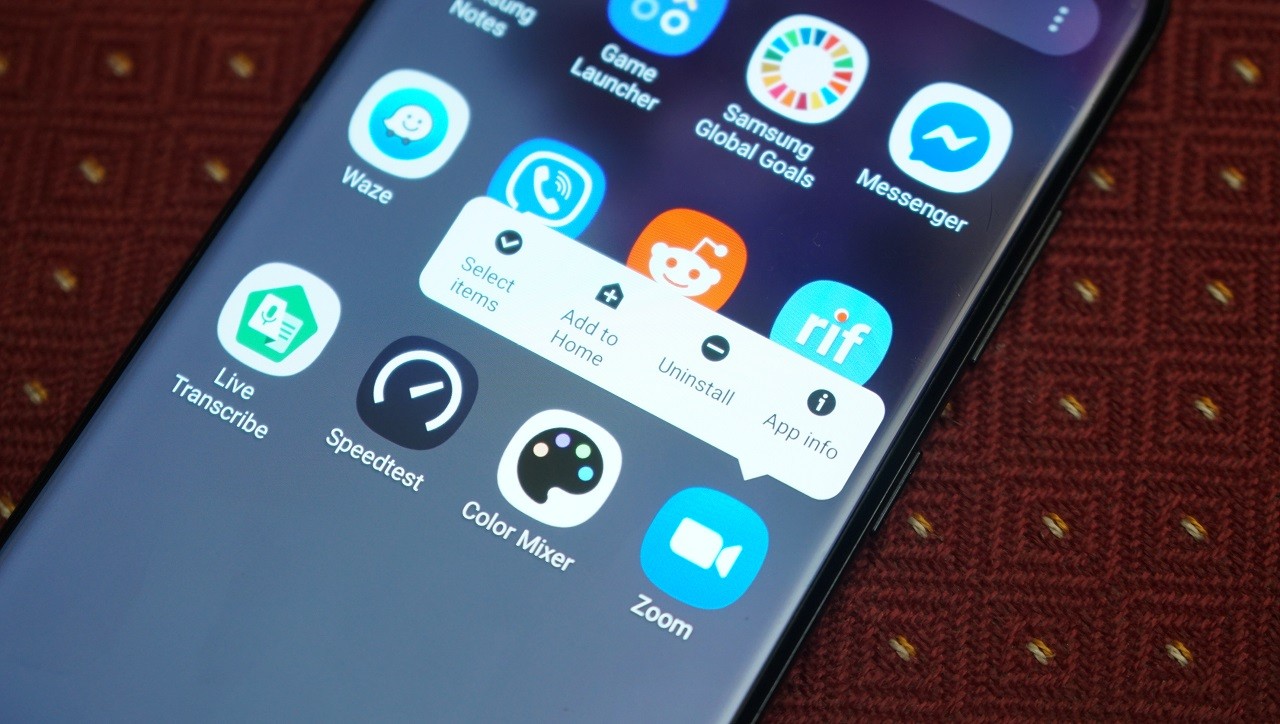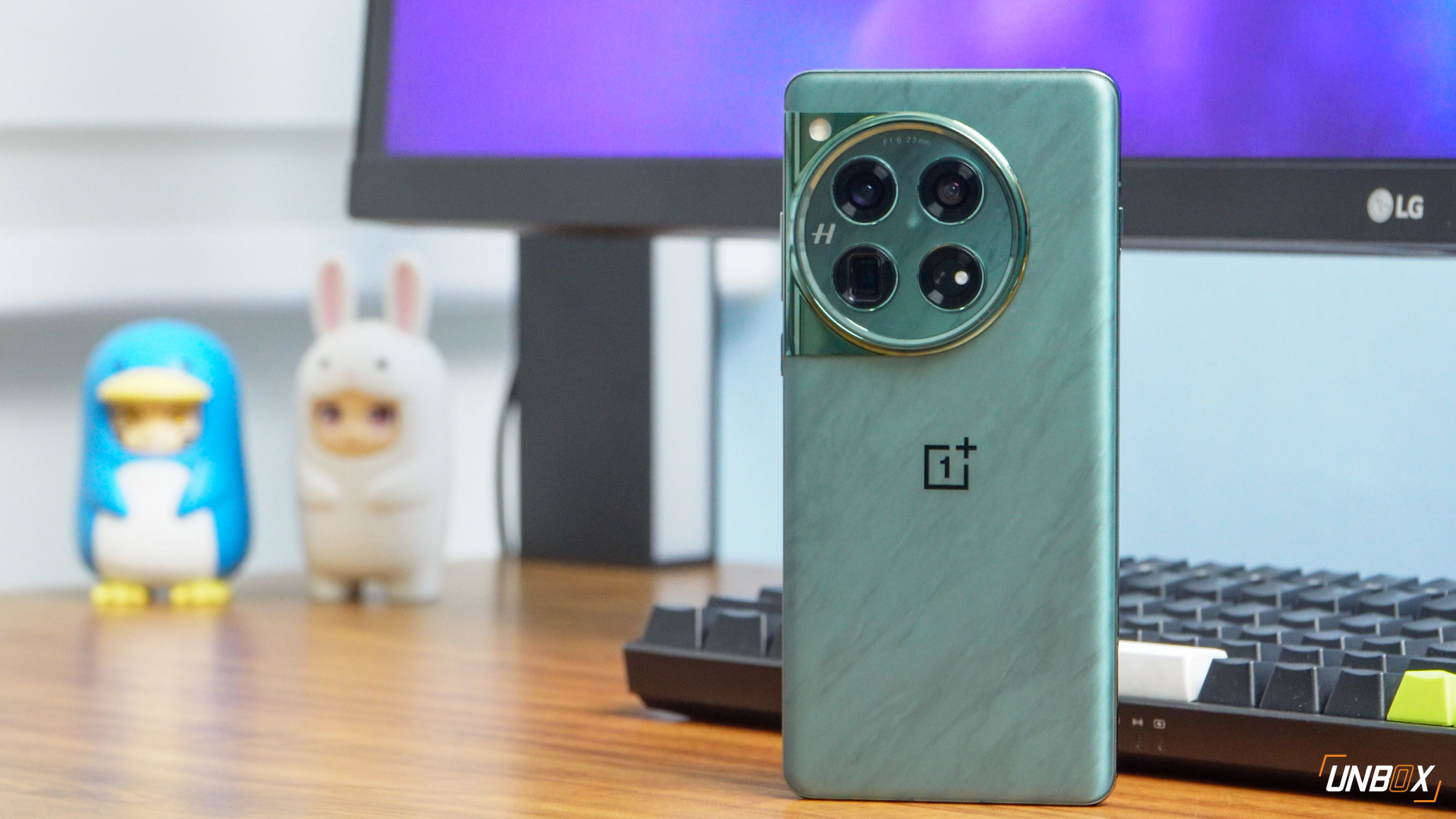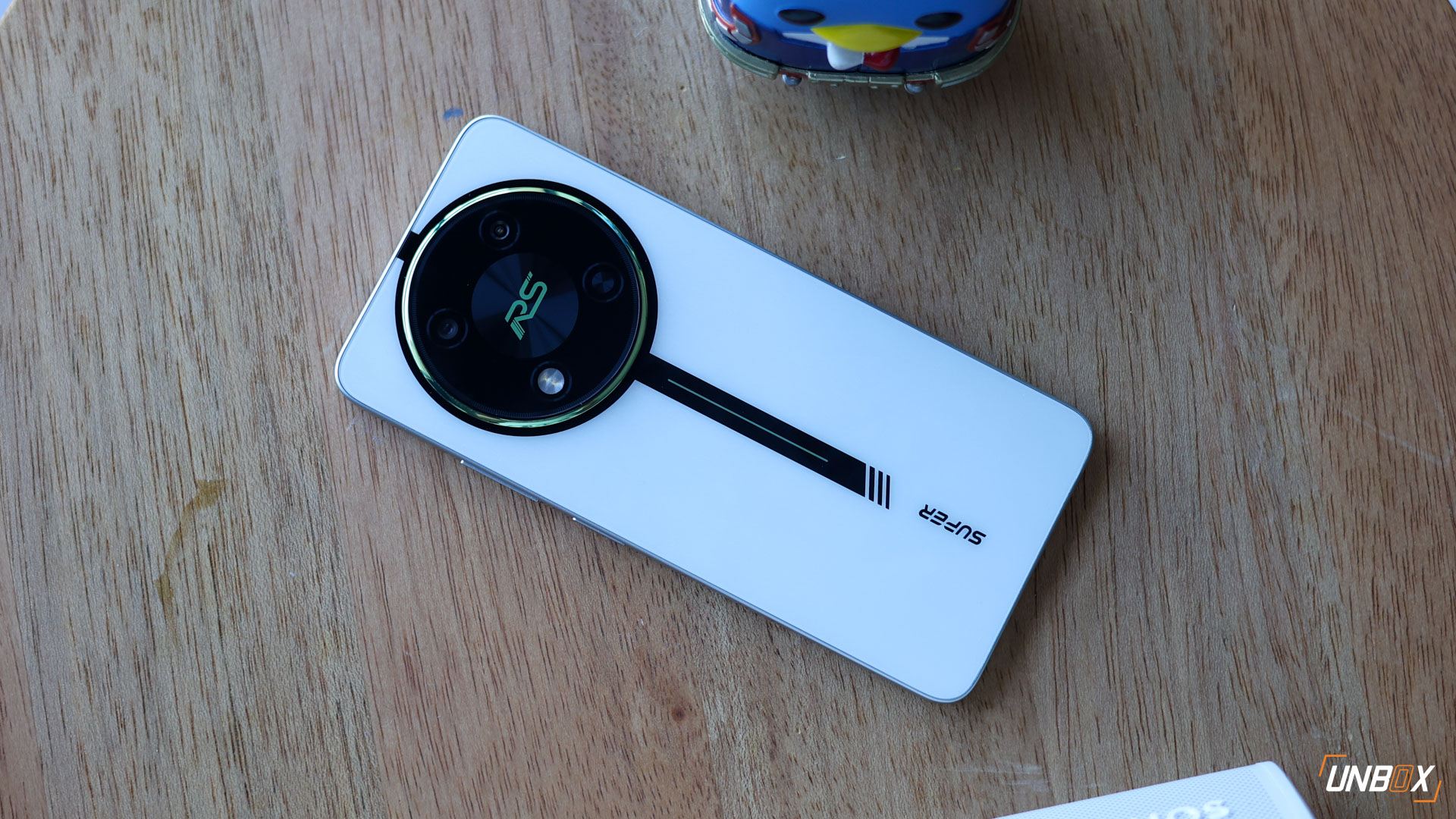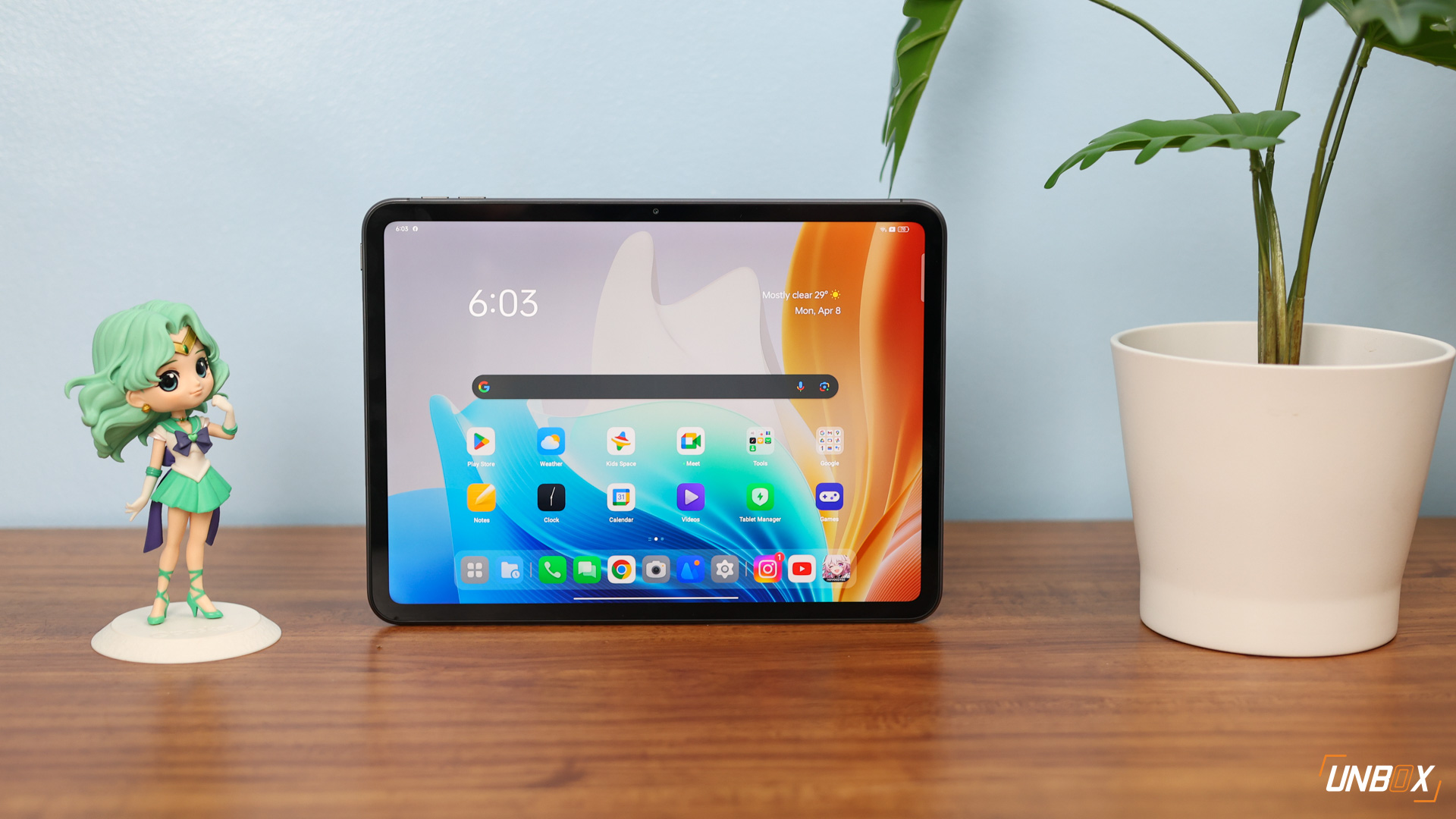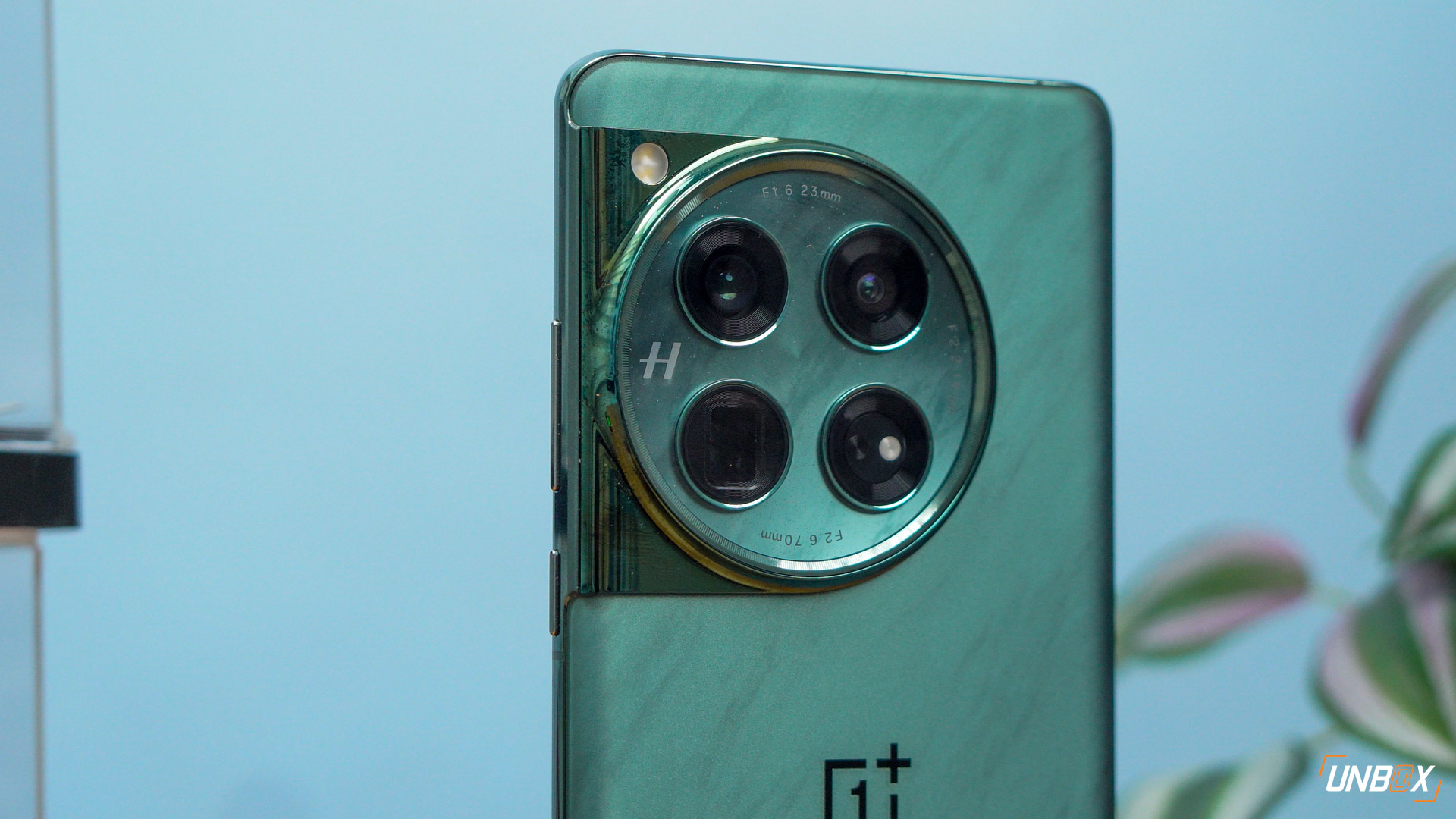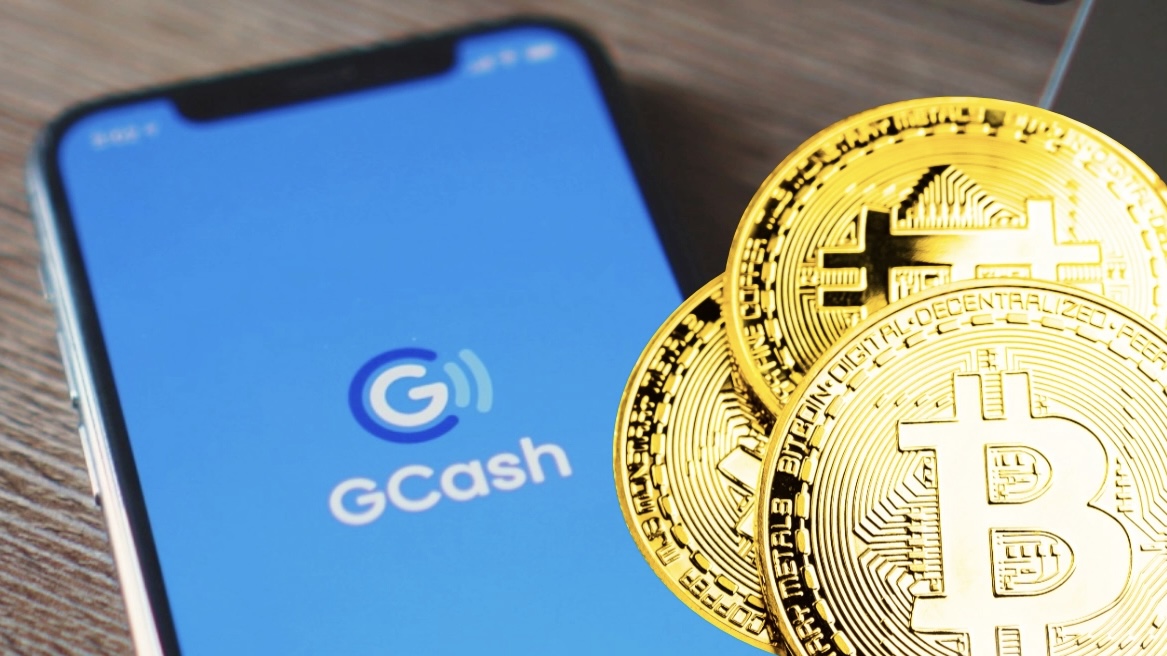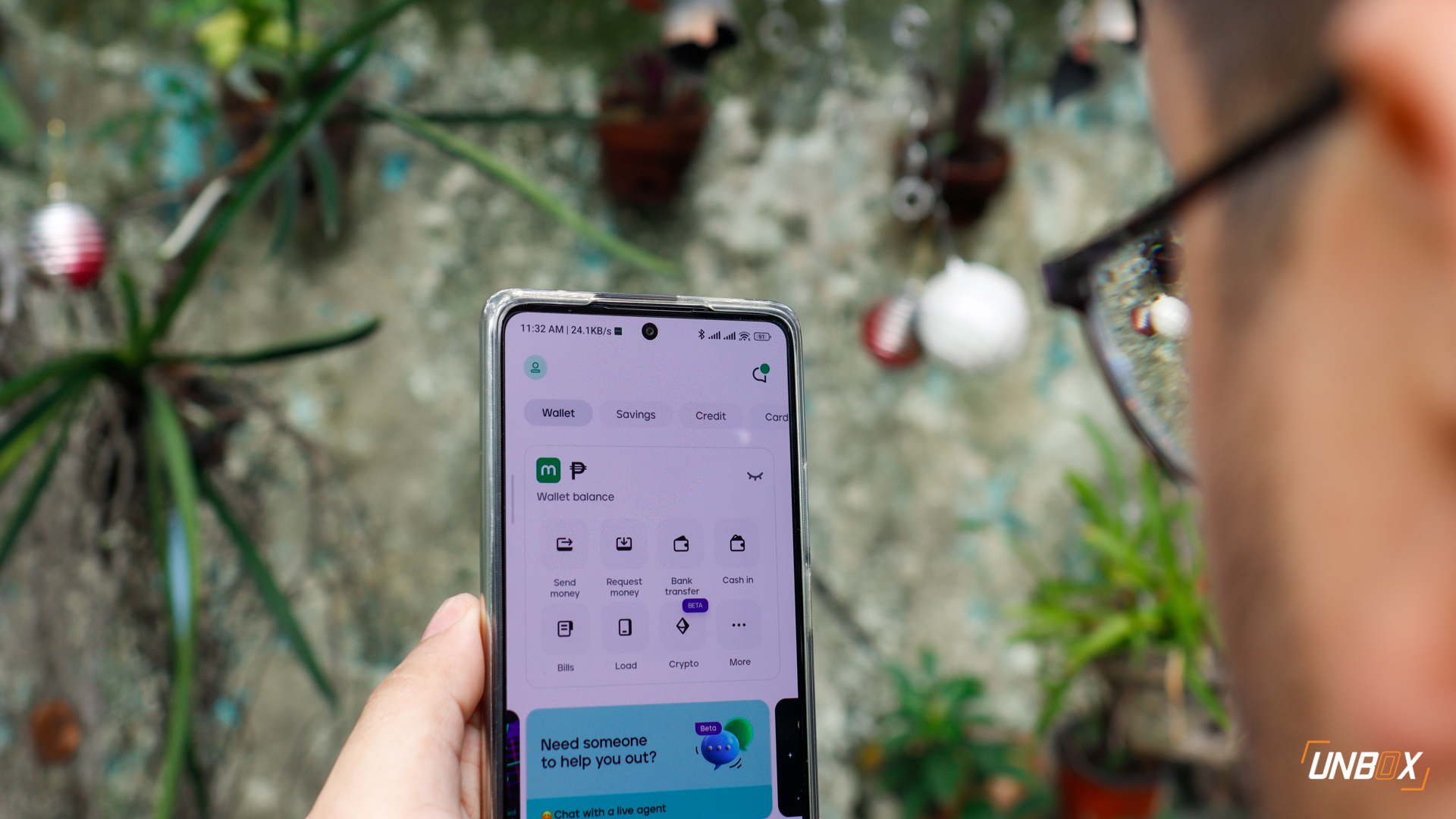Are the privacy issues worth it?
As much of the world shuts down and hunker in their homes because of COVID-19, the need for an easy-to-use, free teleconferencing app became paramount for many companies, schools, and circle of friends. Zoom fit the bill perfectly, and the once unheard of the company is now the teleconference app of the apocalypse, seeing its biggest spike in signups and users in its entire existence.
But Zoom is rife with problems when it comes to privacy and security, and its increased visibility in the zeitgeist has drawn scrutiny from both journalists and researchers who found worrying issues with the teleconferencing app.
There’s plenty of privacy issues with the app – the company previously sent data to Facebook, which has sparked a class-action lawsuit in California since the company allegedly didn’t obtain proper consent from users about the transfer of data.
Aside from data sharing with the big F, Zoom has plenty of security flaws. The biggest and potentially most dangerous is Zoombombing, which allows other people to barge into Zoom meetings by using automated tools to guess Zoom meeting IDs. Security Researchers managed to build one that could find 100 Zoom meeting IDs in an hour, which is obviously a huge problem for users.
The app itself has a bunch of Day 0 vulnerabilities that previously allowed hackers to take over your camera or microphone if you were using a Mac, as well as allow your passwords to leak if you were a PC user.
Then there’s the claim of the company that meetings and chats were end-to-end encrypted, which is the best practice for videoconferencing apps like these. But it turns out that that wasn’t the case, and while it was still offering transport encryption (the same tech that secures HTTPS websites) Zoom could access your data if it wanted.
Zoom for its part, acknowledged its shortcomings, in a message sent to users a few days ago by CEO Eric S. Yuan. And while there’s a fair chunk of blame to be levied at Zoom here, it’s also important to note that Zoom wasn’t exactly prepared to be the defacto app of our modern-day plague. From 10 million Zoom meeting participants in December last year, Zoom’s user base has exploded to 200 million and is still rising.
Because of the backlash, Zoom is freezing new feature development and redirecting its entire engineering resources to address trust, safety, and privacy issues. It’s fixed many of the problems we’ve pointed out in this article, and have committed to finding more vulnerabilities, and fixing them.
But ultimately free apps like Zoom provide so much functionality for free thrive on selling information of its users to third party companies. It’s why Facebook, Google and a myriad of free-to-use software are free to use. You’ll have to decide if Zoom deserves your trust or not if you want to use it.
If not, there’s plenty of free alternatives that haven’t had the privacy issues that Zoom has run into recently. Google Hangouts Meet is a good alternative, as well as Skype Meet Now and Cisco Webex, whose free features got expanded by Cisco because of the modern-day plague.


